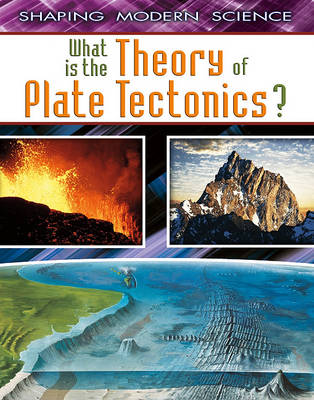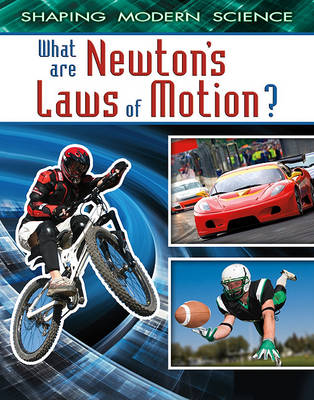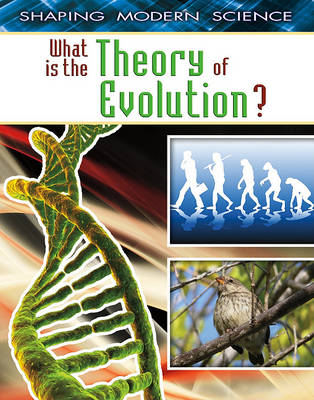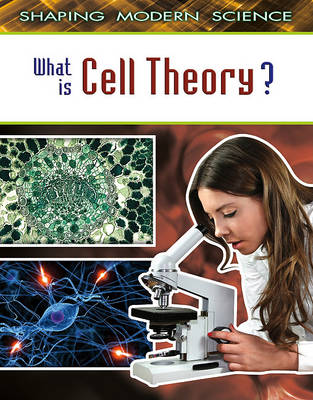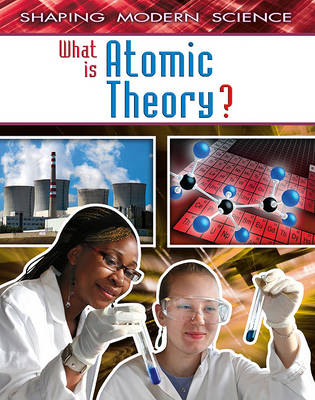Shaping Modern Science
6 total works
In 1912, German meteorologist Alfred Wegener proposed that the continents were once a single land mass but had slowly moved apart over millions of years. This fascinating book examines the scientific process behind Wegener’s theory and how it challenged prevailing views of the time. Learn how years after Wegener’s death his theory was embraced by scientists and is now the basis for modern earth science.
French chemist Louis Pasteur made several significant contributions to the world of science. This intriguing book examines how Pasteur uncovered the basis of the modern germ theory. Readers will learn how Pasteur’s theory helped him develop vaccines for anthrax, rabies, and other diseases and how his work continues to influence modern medicine.
This exciting book examines how Sir Isaac Newton developed three basic laws that govern the way in which objects move. Readers will learn how Newton expanded on the work of other great scientists, including Galileo and Copernicus, to make his important discovery. The book also explains how Newton’s laws have influenced modern science and technology in areas such as sports and transportation.
This engaging title examines how Darwin developed his controversial theory of evolution, including his research methods and the data gathered during his extensive voyages. The book also explores the controversies that developed around the publication of Darwin’s theory of natural selection and how the debate continues today.
This fascinating new title examines the sequence of events that led to the formation of cell theory. In 1665, scientist Robert Hooke published Micrographia, the first significant work focused on miscroscopial observation. His groundbreaking work inspired scientists and led to the creation of this fundamental biological principle that shaped modern biology.
Learn how John Dalton developed his influential theory that explains the shape, structure, and behavior of atoms. This title also explores how Dalton’s major breakthrough made later discoveries, such as atomic fission, possible.
